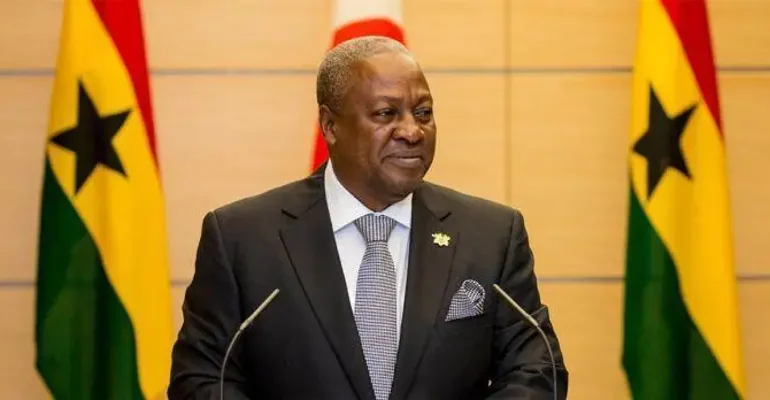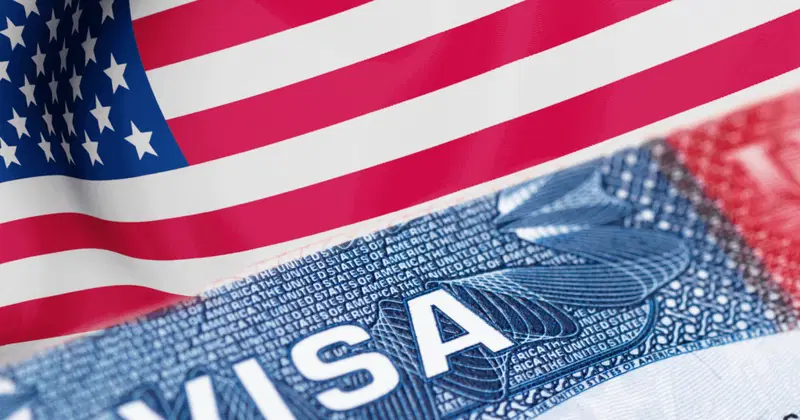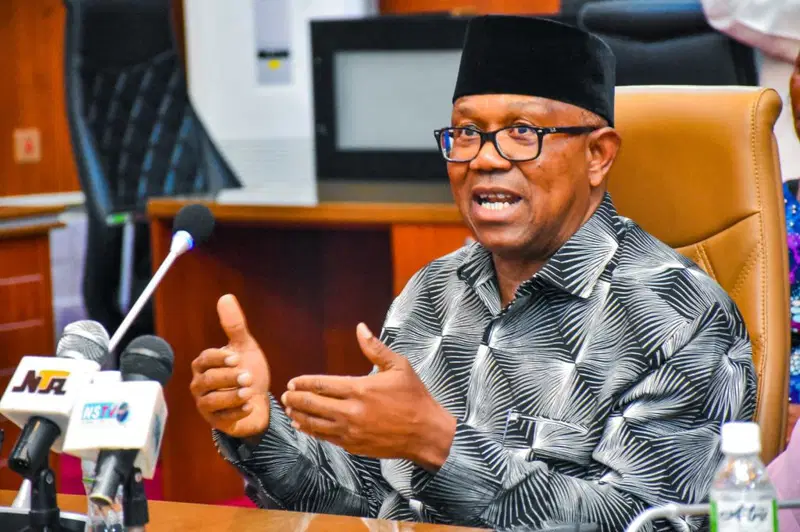National Tragedy: Ghana’s Defence and Environment Ministers Killed in Helicopter Crash

Ghana has been plunged into mourning following the devastating loss of two senior government ministers in a helicopter crash on Wednesday. The incident, described as a “national tragedy,” claimed the lives of Defence Minister Edward Omane Boamah and Environment Minister Ibrahim Murtala Muhammed, along with six others aboard.
The helicopter — an air force chopper — lost radar contact shortly after taking off from Accra around 9:00 am, en route to Obuasi, a town northwest of the capital. The Ghanaian Armed Forces confirmed the aircraft was carrying three crew members and five passengers. No one survived.
Leaders Lost in Service
Both ministers were appointed earlier in the year by President John Mahama, who was sworn in for a new term in January 2025.
• Edward Omane Boamah, a medical doctor and former communications minister, was leading Ghana’s defence efforts at a critical time when jihadist movements across the northern borders — especially in Burkina Faso — were becoming increasingly concerning. His leadership was marked by vigilance and efforts to strengthen national security while preserving regional peace.
• Ibrahim Murtala Muhammed, Minister of Environment, Science and Technology, was actively engaged in tackling Ghana’s environmental challenges amid the growing threat of climate change and illegal mining. His work extended to balancing ecological sustainability with technological advancement.
Also among the deceased were:
• Alhaji Muniru Mohammed, deputy national security coordinator and former agriculture minister
• Samuel Sarpong, vice chairman of the ruling National Democratic Congress (NDC)
Their deaths mark a painful blow to Ghana’s political leadership and national security structure.
A Fragile Region, A Growing Challenge
This tragic incident comes at a tense time for West Africa. While Ghana has remained relatively secure, jihadist violence in neighbouring Burkina Faso has raised alarms. Cross-border arms trafficking, militant incursions, and the use of Ghanaian territory as a rear base have all been documented by regional analysts.
Boamah had recently led a diplomatic delegation to Ouagadougou, Burkina Faso’s capital, to strengthen dialogue with the country’s military-led government. His death cuts short a critical voice in Ghana’s regional peace efforts.
Observers now worry that this tragedy could create a leadership vacuum in Ghana’s defence and diplomacy, particularly as ECOWAS relations with junta-led nations like Mali, Burkina Faso, and Niger remain fractured.
Flags at Half-Staff, A Nation Reflects
In response to the loss, President Mahama cancelled all official engagements for the day. Flags are being flown at half-staff nationwide, and tributes are pouring in from across the political spectrum, civil society, and international partners.
“The president and government extend our condolences and sympathies to the families of our comrades and the servicemen who died in service to the country,”
— Julius Debrah, Chief of Staff
Boamah had been preparing to release a book titled “A Peaceful Man in an African Democracy,” honouring late President John Atta Mills. That work, like the man himself, now becomes a legacy left unfinished.
What Happens Next?
The crash raises pressing questions:
• What caused the helicopter to go down?
• Was it mechanical failure, human error, or something more sinister?
• What will the government do to ensure air safety for top officials in the future?
As investigations begin, what’s certain is that Ghana has lost some of its finest public servants — leaders who died in active duty, serving the nation they loved.
Final Word:
Today, Ghana weeps — not just for the loss of lives, but for the dreams and service those lives represented.
May their souls rest in peace.
May their legacy inspire the next generation of servant-leaders.




